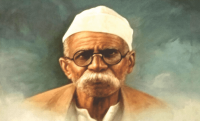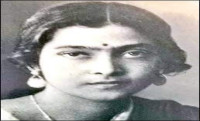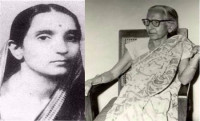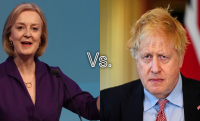Biography of Babasheb - Dr. B.R. Ambedkar (1891 - 1956)
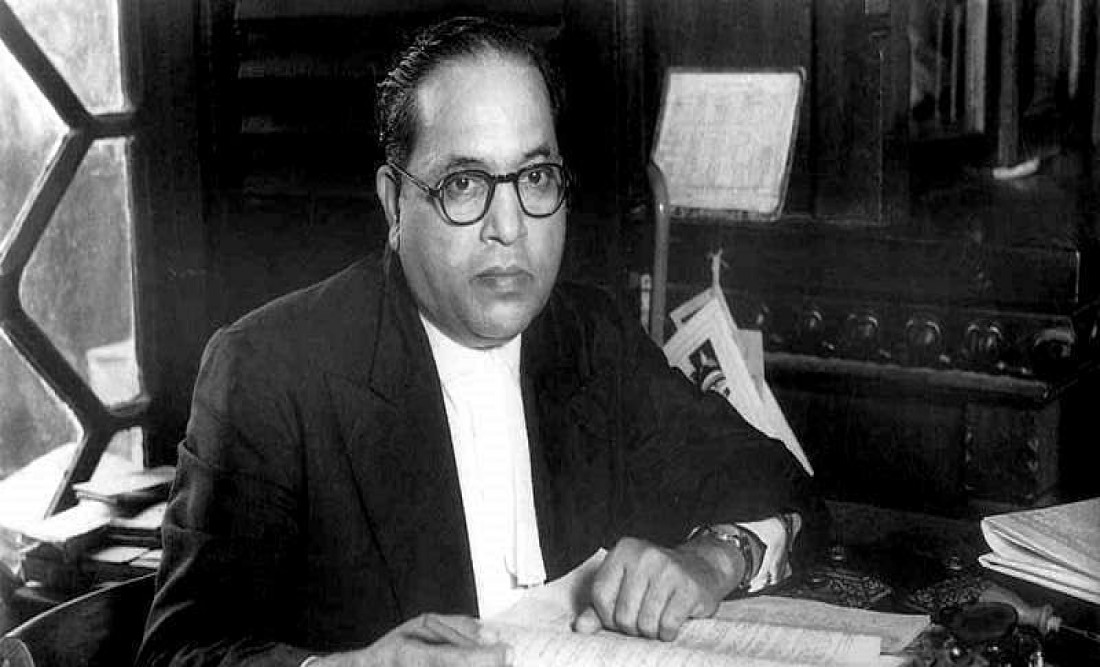
B.R. Ambedkar “Babasaheb” was an Indian political reformer who campaigned for the rights of the ‘untouchable’ caste of India. He played a role in the Indian independence movement and also played a key role in drafting the Indian constitution and the reformation of Indian society through the promotion of greater equality and rights for both the poor and women.
Ambedkar was also a prolific scholar, attending university in Mumbai, New York and London; he specialised in law, economics and political science, and made contributions to Indian economic thought. In 1956, shortly before his death, he converted from Hinduism to Buddhism encouraging many fellow ‘untouchables’ to also convert.
Early life
Ambedkar was born in Mhow, Madhya Pradesh. He was the 14th child of Ramji Sakpal who was a Subedar (officer) in the British Indian Army.
His family were ranked as a Mahar (Dalit) ‘untouchable’ caste. At the time of his birth, those born in the Mahar caste were subject to great discrimination, with limited education and employment prospects. They were not allowed to share public water provision and often suffered very low standards of living, health and poor accommodation. The Mahars are mainly found in Maharashtra and comprise around 10% of the population.
However, as an officer in the British Indian army, his father lobbied for his children to be allowed to go to school. Ambedkar was allowed to attend, but because of great opposition from Brahmins and other upper classes, the untouchables were segregated and often not allowed in the classroom.
In his later writing “No peon, No Water.” Ambedkar later explained how he was not allowed to take water, without the school peon (person to do manual labour). It was an example of the discrimination and exclusion that untouchables often faced. However, his father was ambitious for his children and encouraged them to read both the Hindu classics and other literature to further their education.
The discrimination and segregation of being born into the Mahar caste had a lasting influence on Ambedkar’s outlook on Indian society and political life.
In 1896 his mother died, and he was raised by their paternal aunt in difficult financial circumstances. Of his 13 brothers and sisters, only Ambedkar succeeded in graduating to high school; it was quite a rarity for his Mahar caste. In 1897, he became the only ‘untouchable’ to be enrolled in Bombay high school. In 1907, he became the first ‘untouchable’ to enter an affiliated college of the University of Bombay. This achievement was widely celebrated by his Mahar caste and was given a public ceremony. This ceremony occurred despite Ambedkar’s father refusing to give permission, arguing such a celebration ‘would go to the young boy’s head.’
As was custom, in 1906, he was arranged to be married to a nine-year-old girl, Ramabai.
Ambedkar received a degree in economics and political science from Bombay University. As a talented scholar, in 1913, he gained a Baroda state scholarship to study at Columbia University, New York. Here he gained an M.A, presenting a thesis on Ancient Indian Commerce.
After New York, in 1916, he moved to London where he enrolled at the Bar at Gray’s Inn and also at the London School of Economics. By 1923, he was called to the Bar and had completed a Master’s degree in economics (1921) and a D.Sc. in economics (1923).
Ambedkar was a professional economist until 1921. He wrote an influential paper to the Hilton Young Commission which formed the basis of the Reserve Bank of India. (RBI). In his 1923 these ‘The problems of Rupee, it’s origins and solution’ – he studied the importance of price stability to the value of the Rupee. He also investigated how the Indian economy could successfully develop.
In 1917, he had to return to India to serve in the Baroda State military. However, his military career didn’t last very long. He quit and found work as a private tutor. He also tried to set up an investment consulting business, but soon lost clients when they found out about his ‘untouchable’ status.
In 1918, he became Professor of Political Economy at the Sydenham College in Bombay. He also went on to serve as a lawyer.
In the 1920s, Ambedkar became increasingly concerned and active about the plight of his fellow cast members. He became a high profile figure within Indian politics. He sought to improve education for the ‘outcastes’. In 1924, he founded the Bahishkrit Hitkarini Sabha – an organisation dedicating to improving the welfare of outcasts. Its founding principles were ‘Educate, Agitate and Organize.’
He also founded a newspaper called “Mooknayaka” (leader of the silent)
During the 1920s, he became more active in organising protests against discrimination. He inspired mass protests against ‘untouchability’ and for the right to draw water from the main public tank. He attacked elements of orthodox Hinduism – burning copies of Manusmrti (Laws of Manu) which he felt justified caste discrimination.

Manoj Bhiva
Manoj Bhiva is a dedicated writer who loves to write on any subject. Manoj Bhiva maintains a similar hold on politics, entertainment, health, abroad articles. Manoj Bhiva has total experience of 3 years in web and Social. Manoj Bhiva works as a writer in Wordict Post.
A 4.4 magnitude earthquake that struck Northern California only caused minor damage.
Posted on 14th Sep 2022
